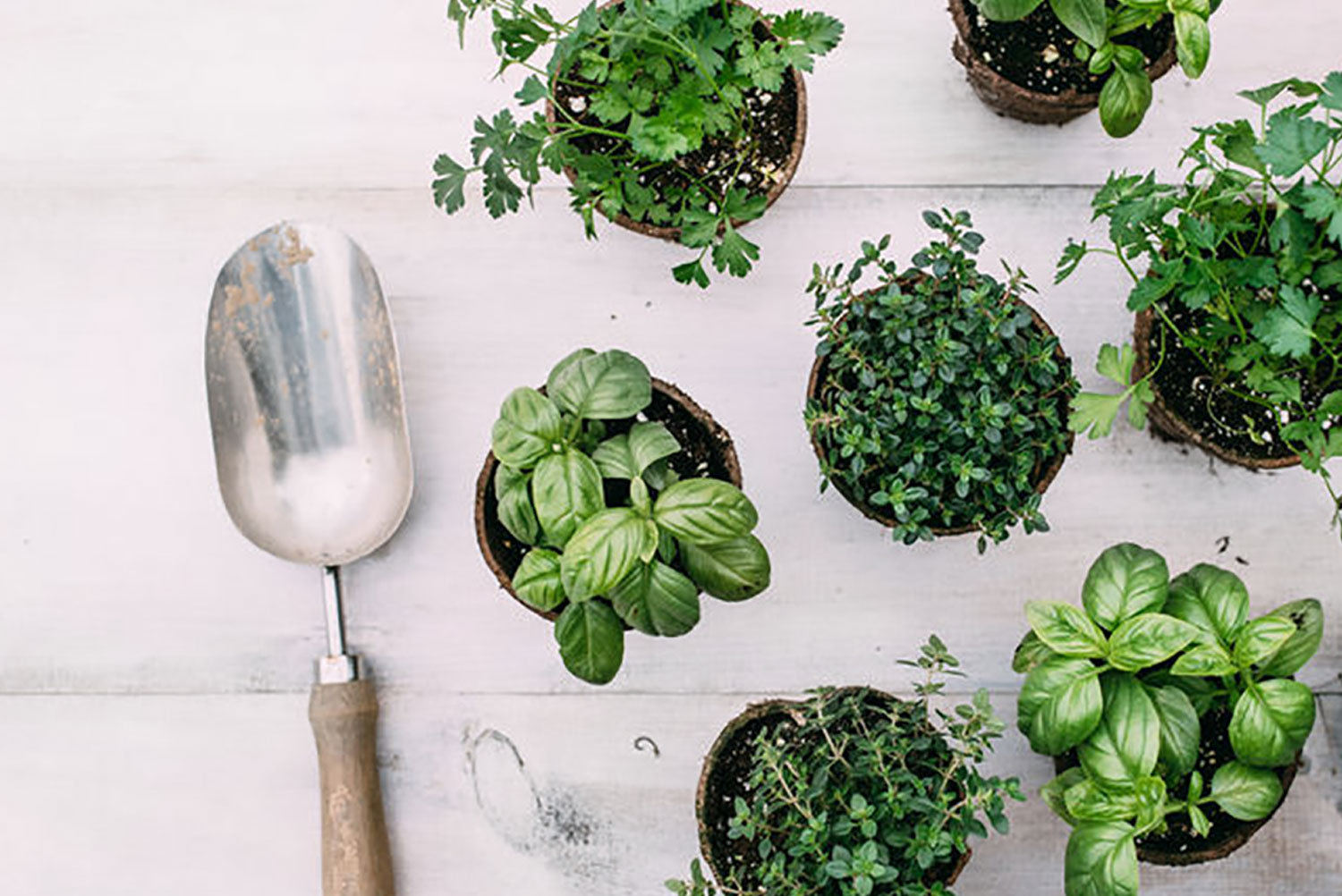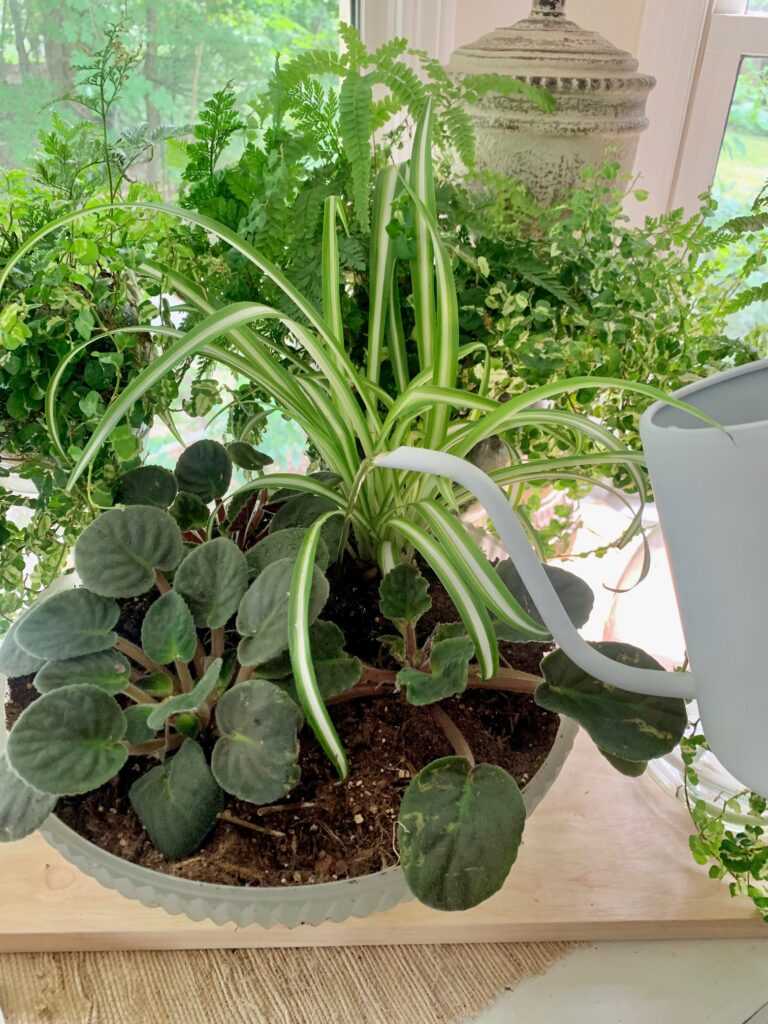A. Introduction: The Importance of Plant Nutrition and Benefits of Homemade Plant Food
Subtitle: Understanding the Need for Homemade Plant Food and its Advantages
Enhancing plant growth and vitality is essential for gardeners aiming to cultivate thriving plants and achieve bountiful harvests. While there are numerous commercial plant food options available, homemade plant food provides a cost-effective and eco-friendly alternative. Not only does it offer the satisfaction of creating a sustainable solution for your beloved garden, but it also allows you to have full control over the ingredients used, ensuring that your plants receive natural and organic nutrition. By avoiding potentially harmful chemicals commonly found in synthetic fertilizers, you can provide plants with the best possible care while nurturing a greener environment.

B. Essential Nutrients for Plant Growth: Macronutrients and Micronutrients
Subtitle: Exploring the Vital Roles of Nutrients in Plant Development
To understand the significance of homemade plant food, it is important to comprehend the essential nutrients plants require for optimal development. Macronutrients, including nitrogen (N), phosphorus (P), and potassium (K), are required in larger quantities, while micronutrients such as iron (Fe), manganese (Mn), zinc (Zn), copper (Cu), molybdenum (Mo), and boron (B) are needed in smaller amounts but are equally crucial for plant health.
Nitrogen (N) is a vital component in plant proteins, enzymes, chlorophyll, and DNA. It plays a fundamental role in encouraging the development of vibrant green foliage, promoting rapid growth, and enhancing overall plant vigor. Phosphorus (P) supports root development and is especially critical for flower and fruit production, improving the yield and quality of plants. Potassium (K) contributes to various physiological processes within plants, including photosynthesis, enzyme activation, nutrient transport, and water regulation, promoting plant health, and making them more resilient against diseases and stress.
Micronutrients such as iron (Fe), manganese (Mn), zinc (Zn), copper (Cu), molybdenum (Mo), and boron (B) are necessary for plants to thrive, even though they are required in smaller quantities. These micronutrients play essential roles in various plant processes, including enzyme activation, photosynthesis, energy production, and disease resistance. Ensuring an adequate supply of both macro and micronutrients is vital for overall plant health and optimal growth.

C. Organic Options for Homemade Plant Food: Recipes and Benefits
Subtitle: Enhancing Plant Health with Natural and Chemical-Free Solutions
One of the main advantages of homemade plant food is the ability to opt for organic choices that provide natural and chemical-free nutrition to plants. This ensures a healthier growing environment and minimizes the environmental impact. Additionally, creating homemade plant food allows gardeners to have complete control over the ingredients used, ensuring the absence of synthetic chemicals and potentially harmful substances.
There are various types of homemade plant food recipes that offer organic options and effectiveness. Compost tea is a nutrient-rich liquid obtained by steeping compost in water. This method encourages the release of beneficial microorganisms, nutrients, and humic acids, providing plants with a nourishing boost that enhances soil fertility and promotes healthier plant growth. The beneficial microorganisms in compost tea help break down organic matter in the soil, improve nutrient availability, and aid in the suppression of diseases.
Another organic option is banana peel fertilizer, which repurposes kitchen waste that would otherwise be discarded. Banana peels are packed with potassium, an essential nutrient that stimulates flowering and fruiting in plants. By soaking banana peels in water for several days, the water absorbs the potassium and other valuable nutrients from the peels, resulting in a nutrient-rich liquid that can be used as plant food. This homemade fertilizer not only provides essential nutrients but also reduces waste and promotes sustainability.

D. Harnessing the Power of Composting: Creating Nutrient-Rich Soil
Subtitle: Composting Basics and Utilizing Compost in Plant Food Recipes
Composting is a fundamental practice that transforms organic waste into nutrient-rich humus, providing a valuable source of nutrition for plants. Creating a compost pile involves collecting kitchen scraps, yard clippings, leaves, and other organic matter in a designated area. Over time, these materials decompose through the action of microorganisms, leading to the formation of humus.
Compost offers numerous benefits for plant growth. It improves soil structure by enhancing water retention, promoting aeration, and increasing the availability of essential nutrients. The rich organic matter present in compost encourages beneficial microbial activity, which further aids in breaking down organic matter, releasing nutrients, and improving soil health. Incorporating compost into homemade plant food recipes enhances their nutrient content, providing a balanced and complete nutritional profile for plants.

E. Compost Tea: Nurturing Plants with Microbial Elixir
Subtitle: Brewing and Applying Compost Tea for Optimal Plant Nutrition
Compost tea is a potent liquid fertilizer that harnesses the benefits of beneficial microbes present in compost. To make compost tea, place a measured amount of compost into a breathable bag or container and steep it in water for a specified duration. Aeration is crucial during the brewing process as it promotes the growth and reproduction of beneficial microorganisms.
The benefits of compost tea are multifaceted. By applying compost tea to plants, beneficial microorganisms such as bacteria, fungi, and protozoa are introduced to the soil. These microorganisms help break down organic matter, unlock nutrients in the soil, enhance nutrient availability, and create a favorable environment for root development. Additionally, compost tea can suppress harmful pathogens and diseases, improving plant health and reducing the need for chemical interventions.

F. Banana Peel Fertilizer: Unlocking the Potassium Boost
Subtitle: Repurposing Kitchen Waste for Vibrant Plant Growth
Banana peels, often considered kitchen waste, can be transformed into a potent source of potassium for plants. Potassium is an essential nutrient that plays a crucial role in various plant functions, including flowering, fruiting, and overall plant vigor. By repurposing banana peels, gardeners can create an organic fertilizer that enriches the soil with potassium and other valuable nutrients.
To make banana peel fertilizer, finely chop or blend the peels and soak them in water for a few days. This soaking process allows the water to absorb the valuable nutrients from the peels. The resulting liquid can then be diluted and used to water plants or applied as a foliar spray. In addition to providing essential nutrients, banana peel fertilizer helps improve soil health, boost root development, and enhance the overall vitality of plants.
G. Epsom Salt Solution: Essential Minerals for Thriving Plants
Subtitle: Magnesium and Sulfur Enrichment through Epsom Salt Application
Epsom salt, also known as magnesium sulfate, is a readily available and affordable nutrient supplement for plants. Epsom salt provides plants with both magnesium and sulfur, which are essential for various physiological processes and optimal growth.
Magnesium plays a crucial role in chlorophyll formation, the pigment responsible for capturing sunlight during photosynthesis. It is also involved in enzyme activation and energy transfer within plant cells. Sulfur is necessary for the synthesis of proteins and amino acids, vital components for plant growth and overall health.
To apply Epsom salt to plants, dissolve the salt in water according to the recommended dosage and apply it to the soil around the base of plants. This allows the roots to directly uptake the magnesium and sulfur, ensuring their efficient absorption and incorporation into essential plant processes.
H. Coffee Ground Fertilizer: Recycling for Greener Gardens
Subtitle: Maximizing the Benefits of Coffee Grounds as Nutrient-Rich Plant Food
Coffee grounds, a commonly discarded byproduct of brewing coffee, can be repurposed to enrich the soil and provide valuable nutrients to plants. Coffee grounds contain significant amounts of organic matter and nutrients such as nitrogen, potassium, and phosphorus.
Using coffee grounds as fertilizer can improve soil structure, enhance water retention, and contribute to nutrient availability. When incorporated into the soil, coffee grounds gradually release nutrients, promoting healthy plant growth and development. Additionally, the organic matter in coffee grounds stimulates beneficial microbial activity, further improving soil health and overall plant vitality.
It is essential to use coffee grounds in moderation, especially for plants sensitive to acidity. Avoid excessive application of coffee grounds as it may lead to imbalances in soil pH levels. By properly utilizing coffee grounds as a nutrient-rich plant food, gardeners can reduce waste, promote sustainability, and nurture healthier and more vibrant plants.
I. Effective Application and Maintenance Techniques
Subtitle: Ensuring Proper Nutrient Uptake and Monitoring Plant Health
Applying homemade plant food correctly is essential to ensure proper nutrient uptake and avoid potential damage to plants. Gardeners should aim for even distribution when applying plant food to ensure that it reaches the root zone without direct contact with leaves or stems. This distribution method encourages efficient nutrient absorption by the roots and reduces the risk of leaf burn or other adverse effects.
Monitoring plant health is crucial to assess the effectiveness of homemade plant food and make any necessary adjustments. Gardeners should regularly observe plant growth, foliage color, and overall vitality. Any signs of nutritional deficiencies or excessive nutrient levels should be addressed promptly to maintain optimal plant health.
J. Conclusion: Embracing Sustainable Gardening with Homemade Plant Food
Subtitle: Recapitulation and Encouragement for Continuing Experiments in Natural Plant Nutrition
In conclusion, homemade plant food offers gardeners an environmentally-friendly and cost-effective way to provide natural and organic nutrition to plants. By exploring various organic options such as compost tea, banana peel fertilizer, Epsom salt solution, and coffee ground fertilizer, gardeners can diversify their approach to plant nutrition while promoting sustainable gardening practices.
Understanding the essential nutrients required for optimal plant growth is the foundation for creating effective homemade plant food. Macronutrients and micronutrients play vital roles in various plant processes and are necessary for maintaining overall plant health. By incorporating homemade plant food recipes into gardening routines and utilizing compost to enrich the soil, gardeners can maximize plant nutrition and create a fertile environment for optimal growth.
